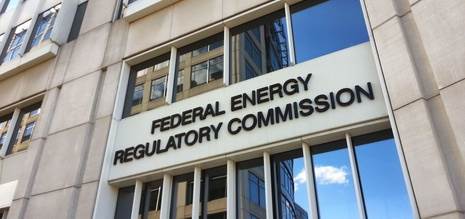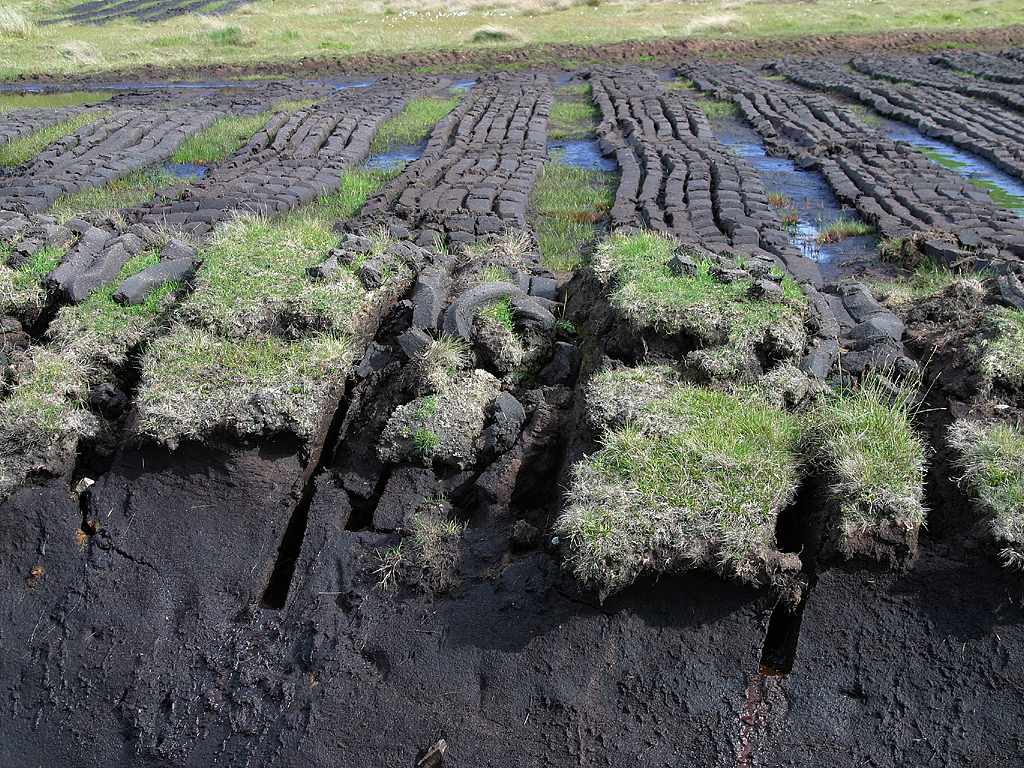by Alexis Saba, Legal Fellow
Three new resources are now available to aid local governments in climate change mitigation and adaptation.
ICLEI-Local Governments for Sustainability USA has produced the first ever national standard for municipalities to measure and report greenhouse gas emissions. This standard creates clear, simple guidelines for communities at all stages of climate change planning, such that small towns and big cities can use appropriate best practices as they complete emissions inventories and evaluate suitable mitigation and adaptation strategies. There are also resources available online to compliment the standard. ICLEI is hosting a free webinar on November 7 to answer basic questions, and three training videos are available on ICLEI’s website.
For local governments looking to reduce greenhouse gas emissions, the U.S. Environmental Protection Agency (EPA) has released a new report entitled Resource Conservation and Recovery: A Guide to Developing and Implementing Greenhouse Gas Reduction Programs. The guide explains the environmental, public health, and economic benefits of enacting greenhouse gas reduction programs and includes reduction strategies for a variety of sectors from energy and transportation to community planning and materials management. To ensure that communities of all sizes are able to create and manage successful programs, the guide provides strategies for effective program implementation, details on funding opportunities, case studies from across the US, and links to technical and financial resources.
For coastal communities, EPA and the National Oceanic and Atmospheric Administration (NOAA) have teamed up to publish a new report on managing waterfront climate change challenges – Achieving Hazard-Resilient Coastal & Waterfront Smart Growth: Coastal and Waterfront Smart Growth and Hazard Mitigation Roundtable Report. NOAA, EPA, and other federal agencies can also use the tools and research included in the report, which aims to provide a breadth of advice on risk management and smart growth as they relate to the hazards confronting America’s coasts and coastal communities. Many local, state, and federal agencies and elected officials are struggling to balance the desire for growth and development in waterfront areas with the reality of current and future climate change impacts. This report provides options for striking this balance by integrating smart growth strategies and hazard mitigation as well as by engaging stakeholders and the public in educational outreach and capacity building.



